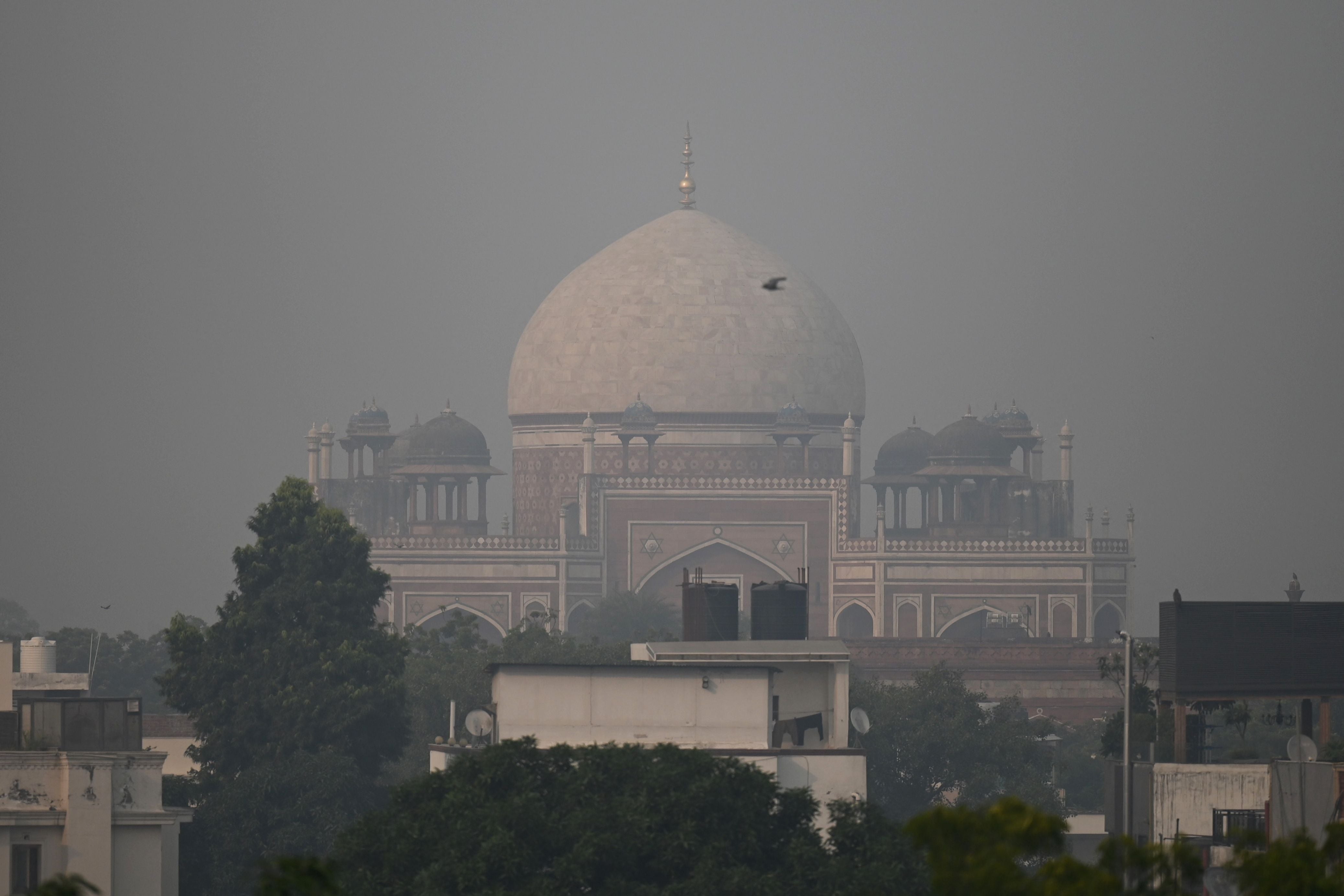Failure to tackle Delhi’s smog sends ‘signal to the world’, says India’s top court
India’s Supreme Court criticised the federal government and Delhi for ‘ad hoc measures’

India’s top court criticised the federal and the Delhi state government for their failure in tackling the air pollution problem, saying the measures taken so far have been “very ad hoc” and send a bad signal to the rest of the world.
Hearing a public interest litigation on Wednesday, a three-judge bench of the Supreme Court made critical remarks to the governments and said they needed a more scientific approach to deal with the annual crisis that cripples Delhi and its surrounding areas as quality levels dip drastically ahead of winter every year.
This year, the problem intensified to an extent that a pollution lockdown was being mulled by authorities to tackle the problem, something they stopped just short. Workplaces and schools in the national capital were shut by officials after Diwali, when air quality levels plummeted, but are now set to reopen on Monday.
The Supreme Court took exception with the current measures being taken, deeming them to be insufficient and hit out at the governments for their knee-jerk reaction in tackling the situation only when it becomes an emergency.
“All these are ad hoc measures. Response has to be based on a statistical model for Delhi,” Justice DY Chandrachud, one of the judges, said, referring to submissions made by the Delhi government.
“There has to be a statistical model which says if these are the steps we take in the next seven days given the wind directions, these are the advantages we can get,” he added.
The Delhi government, in its submission, said the restrictions issued by the government’s Commission for Air Quality Management in the National Capital Region, which includes Delhi and the capital’s satellite cities that fall in two different states, will be enforced as soon as the conditions turn severe.
The measures included steps to deal with the causes of pollution, including industrial pollution, thermal plants, vehicular emissions and increasing construction activity, that result in the increase of Air Quality Index (AQI) levels.
The federal government and the Delhi state government, both defended the measures they took by presenting graded actions taken depending upon the situation.
They said these measures included a ban on construction activities, truck entry ban, increasing CNG buses, deployment of anti-smog guns, more water sprinklers including fire tenders and application of dust suppressants in all vulnerable hotspots as well as encouraging citizens to work from home, among others.
The top court, however, was clearly not happy with these measures.
“This is the national capital. Look at the signal we are sending to the world. The response has to be based on a statistical model for Delhi…You don’t have to wait till air quality becomes severe,” Mr Chandrachud said.
“A scientific model based on seasons and wind direction has to be made,” he pointed out, demanding anticipatory measures instead of last moment emergency announcements.
The judges, however, said the measures should continue for the next 2-3 days, adding that the court will continue to hear the matter.
“If the pollution level comes down drastically, say to 200, you are free to withdraw the restrictions.”
AQI levels in Delhi have been above 300 which comes under hazardous levels. An AQI level of below 50 is considered good.
Subscribe to Independent Premium to bookmark this article
Want to bookmark your favourite articles and stories to read or reference later? Start your Independent Premium subscription today.

Join our commenting forum
Join thought-provoking conversations, follow other Independent readers and see their replies